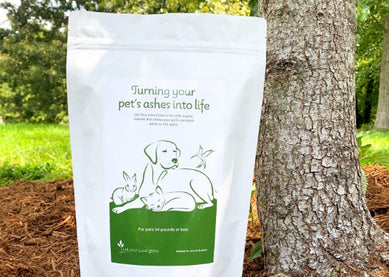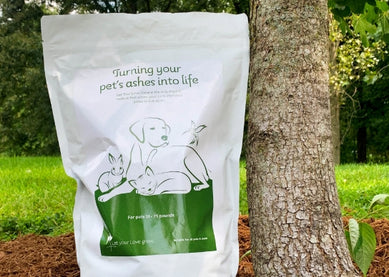What To Do With a Deceased Pet’s Belongings?
It is completely normal to grieve for ad beloved pet. Our pets are part of our family. And when a family member dies, grief will be involved. Unfortunately, the death of a beloved pet leaves more than a hole in your heart. I am reminded of this quotation:
Dogs . . . do not ruin their sleep worrying about how to keep the objects they have, and to obtain the objects they have not. There is nothing of value they have to bequeath except their love and their faith.
While a beautiful sentiment, Eugene O’Neill was not exactly correct. Pets have belongings just as much as people. What to do with a deceased pet’s belongings becomes a major question every pet owner has to confront.

What should I do with my pet’s belongings?
Before discussing what you can do with your pet’s belongings, we need to make one thing clear: There is no right or wrong answer to the question of what to do with a deceased pet’s belongings. You need to make the decision that works for you and your family. That decision may change with time as well.
With that said, here are a few ways you can deal with a deceased pet’s belongings.
1) Keep
Initially, many pet owners will opt to hold on to many of their pet’s belongings. As you move through the stages of grief, you may decide to either give away or recycle their belongings. However, some people never get to that point, and that’s okay as well.
Often, pet owners will keep items that remind them most strongly of their pets. A favorite toy or their bed are popular choices of items to keep. You may decide to incorporate the belonging in a memorial for your pet—toys work better for this purpose than beds.
2) Give away
Depending on your pet, you may have toys, bedding, food, accessories, leashes, and a variety of other items. When you are ready, you may decide to give away a few—or all—of these belongings. As a general rule, only give away items that are in decent to good shape. No one can use an item that is in tatters, but if it is usable then there is likely someone who will want it.
Many pet owners take comfort in the idea of other people getting used out of their pet’s belongings. You can choose to donate the items or give them to family members. Either way, you will know that they are being used and loved.
3) Recycle and reuse
Recycle or throw away belongings that can no longer be used. While no one benefits from this option, it will remove the clutter in your home. If the belonging is not usable, giving it away will not do any good anyway.
You can also choose to reuse the belongings yourself. Many people have multiple pets. As We’re All About Pets pointed out, “Remember that pets grieve too. Passing on a toy or other item to a grieving pet can help them move on as well. Think of it as a way for your deceased pet to give back to their brothers and sisters.”
Who gets my pet’s belongings?
If you decide to give your pet’s belongings away, you need to decide who to give them to. As with all decisions relating to your deceased pet’s belongings, there is no right or wrong answer. You may even choose to split the items among family or between family and donation centers. Choose the option that feels right.
1) Family members
Family members with pets are wonderful choices for your pet’s belongings. You know that the items you give away are going to good homes. Plus, you have the opportunity to view the belongings on your next visit, which helps confirm the important place your pet had in the life of you and your family.
2) Good Will
The Good Will or other donation centers will take pet belongings. If you don’t have family members with pets or cannot find an animal shelter near you, then this is a great option. Providing pet belongings to the Good Will is a great way of giving back to your community
3) Animal shelters and rescue organizations
If you plan on donating all or some of your pet’s belongings, look for an animal shelter or rescue organization. These places are often underfunded and badly in need of items such as food bowls, leashes, beds, toys, brushes, etc. By donating to an animal shelter you are helping a good cause and very deserving animals.
Conclusion
Losing a pet is hard. There is no way to get through the grieving process for your pet except to put one foot in front of the other every day. In addition to the emotional grieving process, you will also need to decide how to deal with your pet’s belongings. Take it slow and try not to put too much pressure on yourself. The decision of whether to keep, give away, or recycle/reuse will make itself clear eventually.







